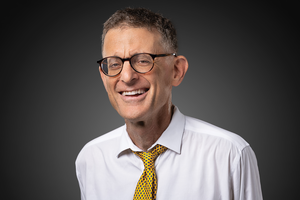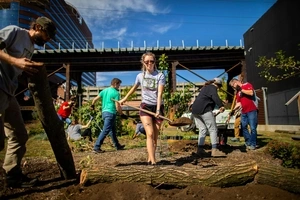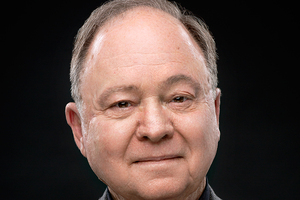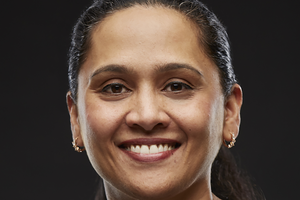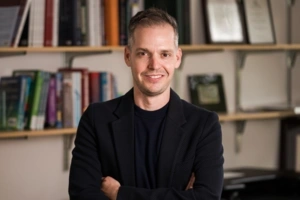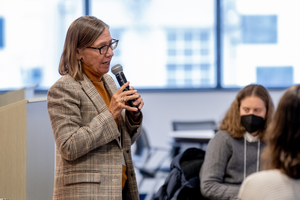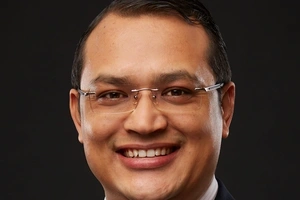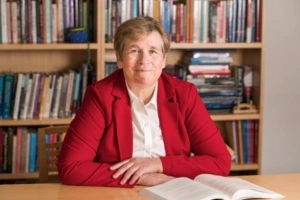From left to right: Dr. Sigal Ben-Porath, Dr. Andrea Kane, Dr. Wayne Journell, Dr. Diana Hess, and Mr. Art Worrell during the panel discussion.
Leading voices in education gathered at Penn last Wednesday to discuss a timely and increasingly debated question: What role should educators play in political discourse within classrooms? Panelists explored how teachers can promote democratic engagement by modeling civil dialogue and critical thinking without crossing into indoctrination. The conversation emphasized the importance of creating open, respectful environments where students feel both safe to express their identities and empowered to challenge differing viewpoints.
The thought-provoking event titled “Should Educators Share Their Political Views in Classrooms?” was co-sponsored by Penn GSE’s Collaboratory for Teaching and Teacher Education, the Center for Excellence in Teaching, Learning, and Innovation (CETLI), and Penn Libraries. Panelists included Dr. Diana Hess (Professor of Curriculum and Instruction at UW–Madison), Dr. Wayne Journell (Professor of Social Studies Education at UNC Greensboro), Dr. Andrea Kane (Professor of Practice in Educational Leadership at Penn GSE), and Mr. Art Worrell (Director of History for Uncommon Schools). The panel was moderated by Dr. Sigal Ben-Porath, MRMJJ Presidential Professor at Penn GSE and a prominent scholar on democratic education and free speech.
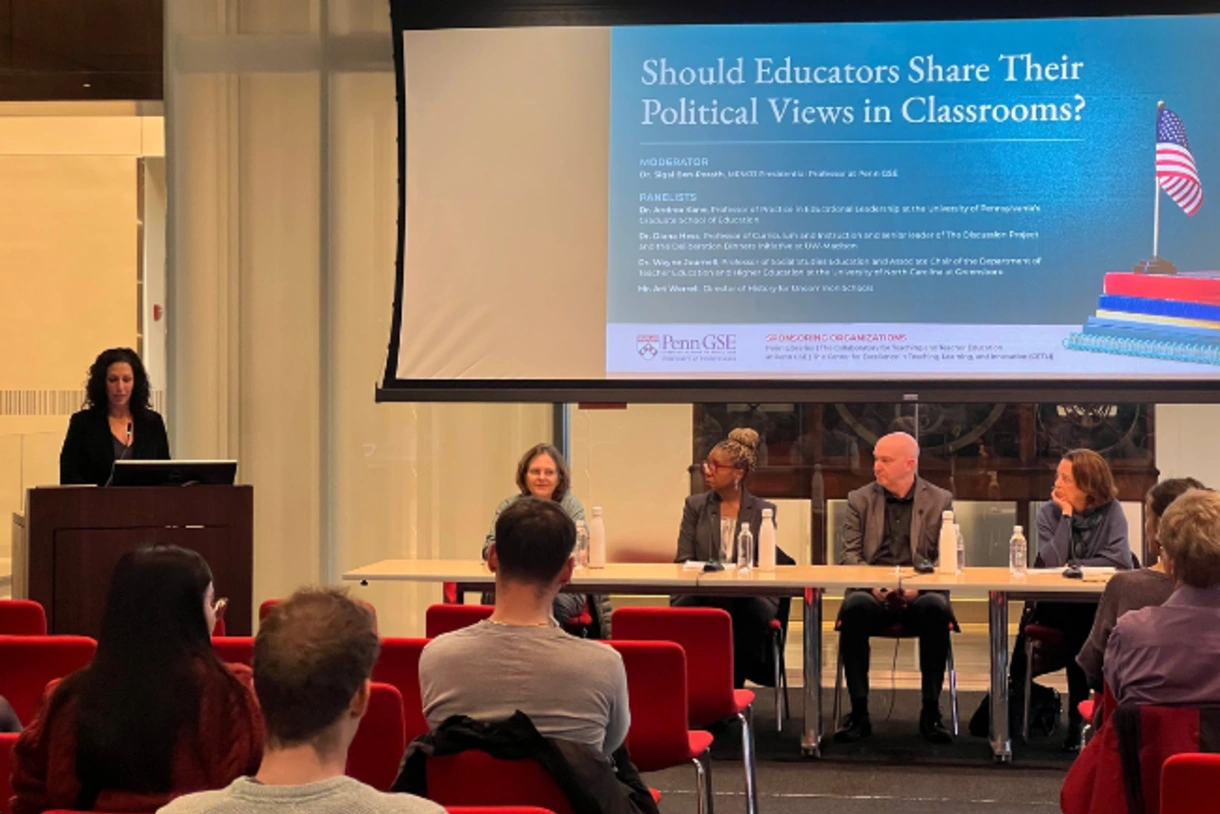
In her opening remarks, Penn GSE Dean and George and Diane Weiss Professor of Education Katharine Strunk highlighted the discussion’s ties to the School’s newly launched strategic vision, Together for Good. “At its heart is a simple and yet bold conviction,” she said, “that education is the foundation of a just and thriving democracy.” Dean Strunk emphasized that if this is true, then classrooms must be spaces where students don’t just learn about democracy, but actively practice it.
Several panelists, including Hess, Worrell, and Journell, underscored the importance of creating “safe spaces” in classrooms, where students feel respected, heard, and encouraged to engage in difficult conversations. They argued that such spaces are essential for fostering civic learning and promoting inclusive classroom cultures.
Echoing this perspective, Ben-Porath expanded the concept of a safe space. She distinguished between two equally important forms of safety in educational settings: one that protects students’ identities and communities, and another that fosters epistemic safety — a classroom environment where students can question, disagree, and engage with conflicting ideas. Both, she stressed, are essential for building democratic classrooms.
Dr. Andrea Kane reframed the debate, urging educators to consider not only what they share, but why. “The issue,” she noted, “is often about intent.” While lessons may follow the curriculum, the moment a teacher shares a personal opinion — particularly one that challenges community beliefs — it is often labeled as “political.” Kane argued that disagreement often triggers such labeling and cautioned against equating open expression with indoctrination. Instead, she emphasized the educator’s responsibility to model respectful dialogue and create classroom cultures that invite dissent, critical thinking, and student voice.
The panel concluded with a lively Q&A session in which educators from both K–12 and higher education shared thoughtful, real-world questions about navigating political expression in their classrooms. In response, panelists emphasized a collective commitment to supporting students, honoring diverse perspectives, and cultivating classroom spaces where democratic values can take root and flourish.
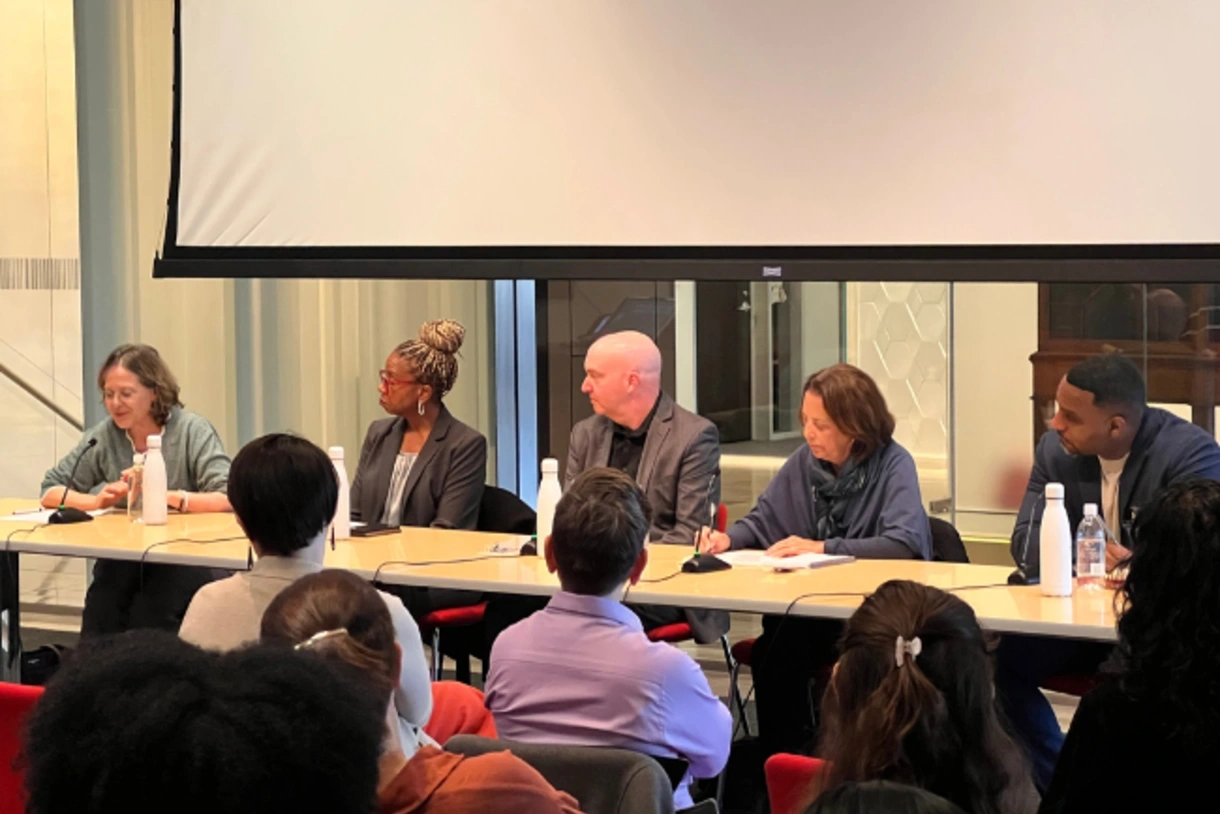
Media Inquiries
Penn GSE Communications is here to help reporters connect with the education experts they need.
